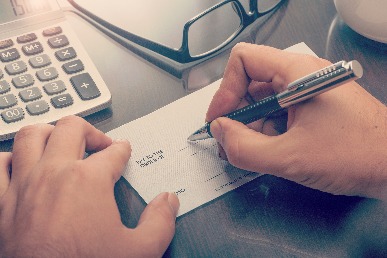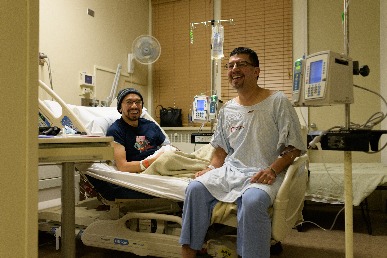A kidney transplant is a surgical procedure to place a healthy kidney from a donor inside the body of someone whose kidneys no longer function properly. A healthy transplanted kidney removes waste and extra fluid from the body and enables you to live a longer and healthier life without dialysis.
The process of finding a healthy kidney that’s a good fit for you can be long and complex. Yet when possible, a kidney transplant is often the best option to achieve the most freedom and better long-term health.
Waiting for a kidney transplant can be a long and complex process. How long you wait for a healthy kidney often depends on where and when a suitable donor is found.

A healthy kidney is removed soon after the death of a person who agreed to be an organ donor. The healthy kidney is quickly matched to a recipient who has already been identified as a good candidate for a successful transplant. Wait times vary, but most people wait for 18 months or more for a healthy kidney from a deceased donor.

A relative, friend, or stranger may volunteer to donate one of their healthy kidneys to someone who needs it. Volunteers are carefully screened to make sure that they, like most people with two healthy kidneys, can live a long and healthy life with just a single kidney. When both donor and recipient are ready, a surgery date for the transplant can be scheduled.
Make sure your transplant team knows what insurance you have, so they can help you understand the costs for the surgery and after care.
Medicare usually covers the cost of receiving a kidney transplant. If you have Medicare and Medicare Part B, the cost of the immunosuppressive medications required after transplant may also be covered. Employer or other private health insurance coverage can vary but usually cover essential costs related to the transplant.

Having a kidney transplant before your kidney function falls below 15% may allow you to avoid starting dialysis. This is called a preemptive transplant and it has many benefits.
A preemptive transplant reduces the risk of your body rejecting your new kidney. Plus, people generally live longer with a better quality of life. Talk to your doctor to see if a preemptive transplant might be a good fit for you.
You can also receive a transplant shortly after starting dialysis. This is called an early transplant, and it has similar benefits to receiving a preemptive transplant.

Your CKD care team helps you stay strong, healthy, and ready for your transplant surgery day.
